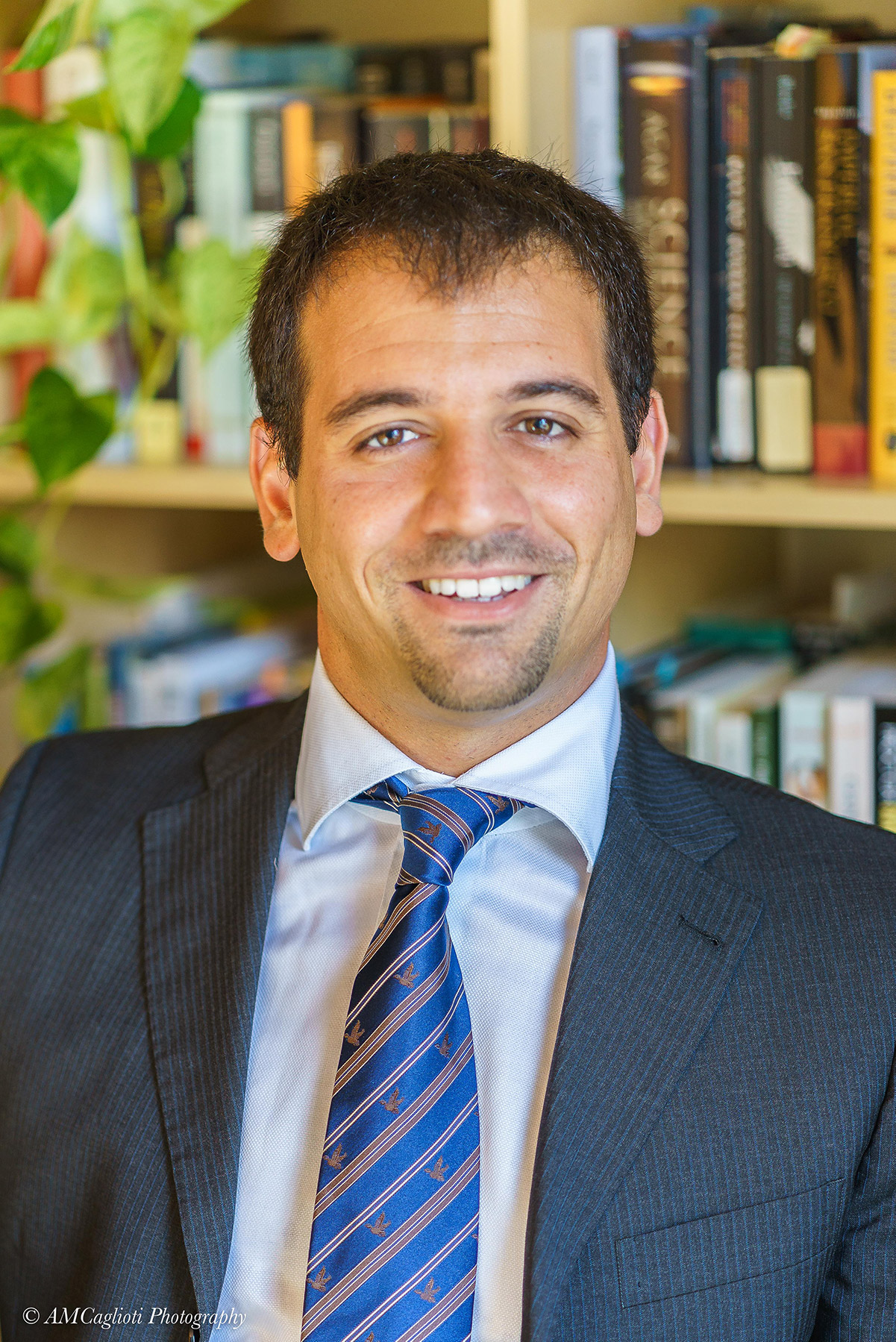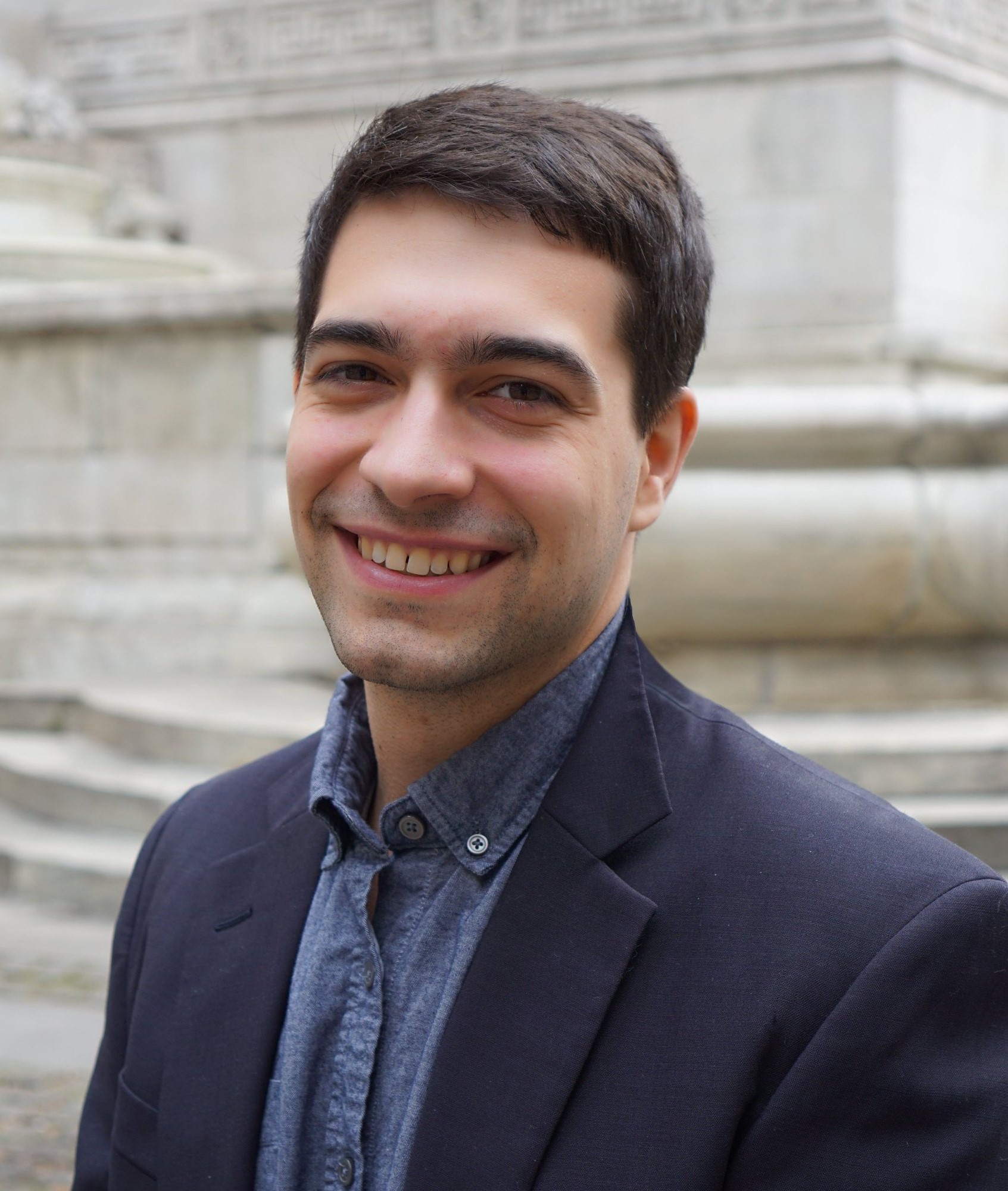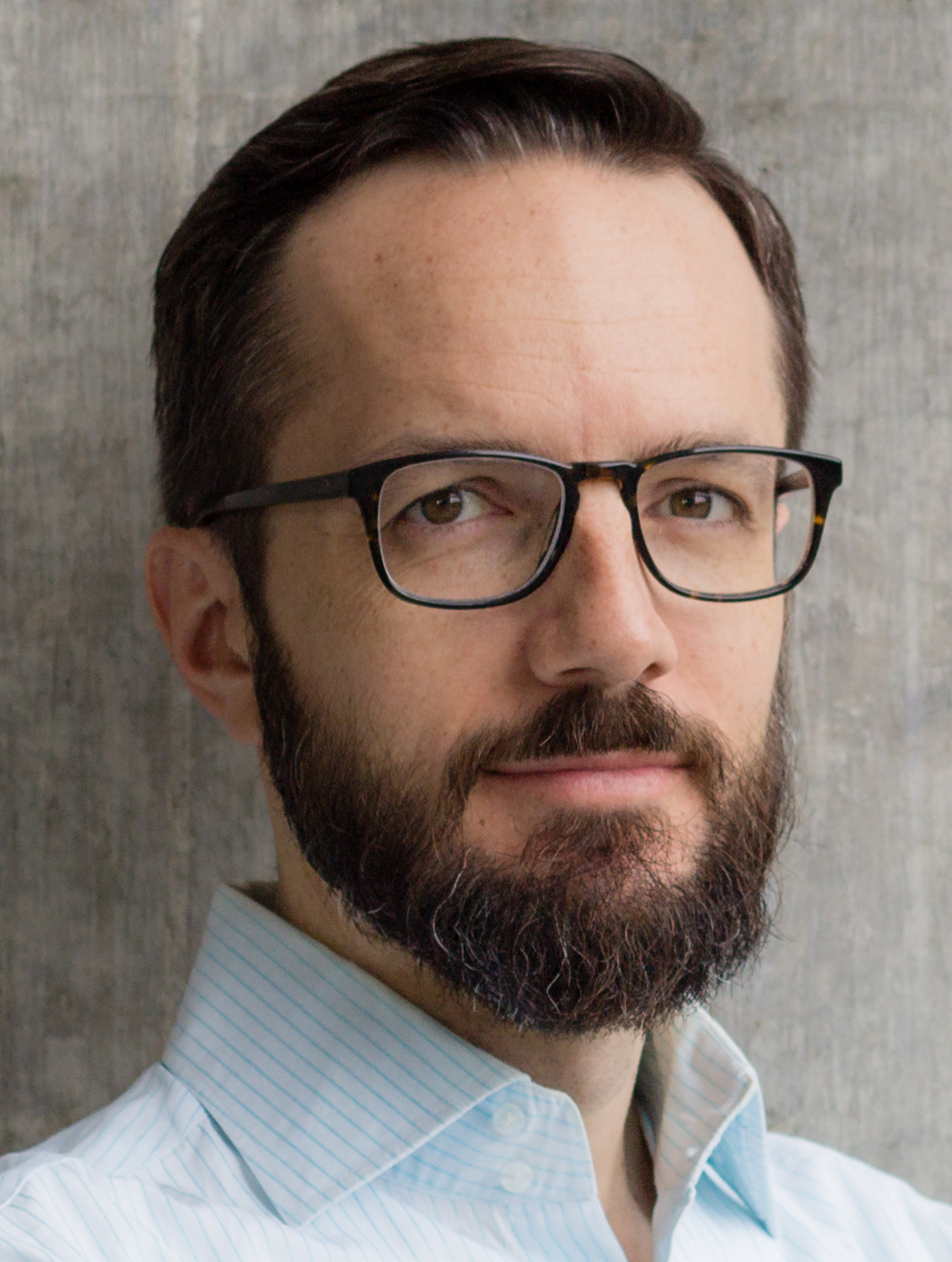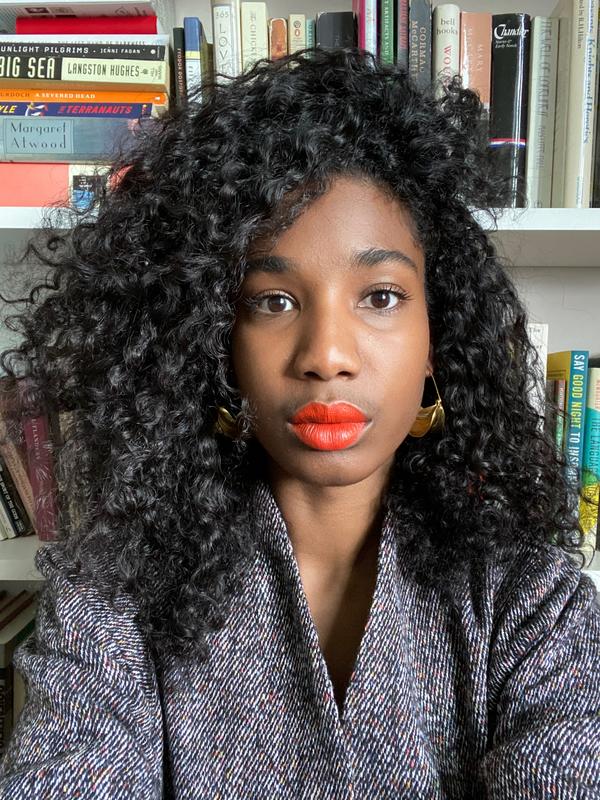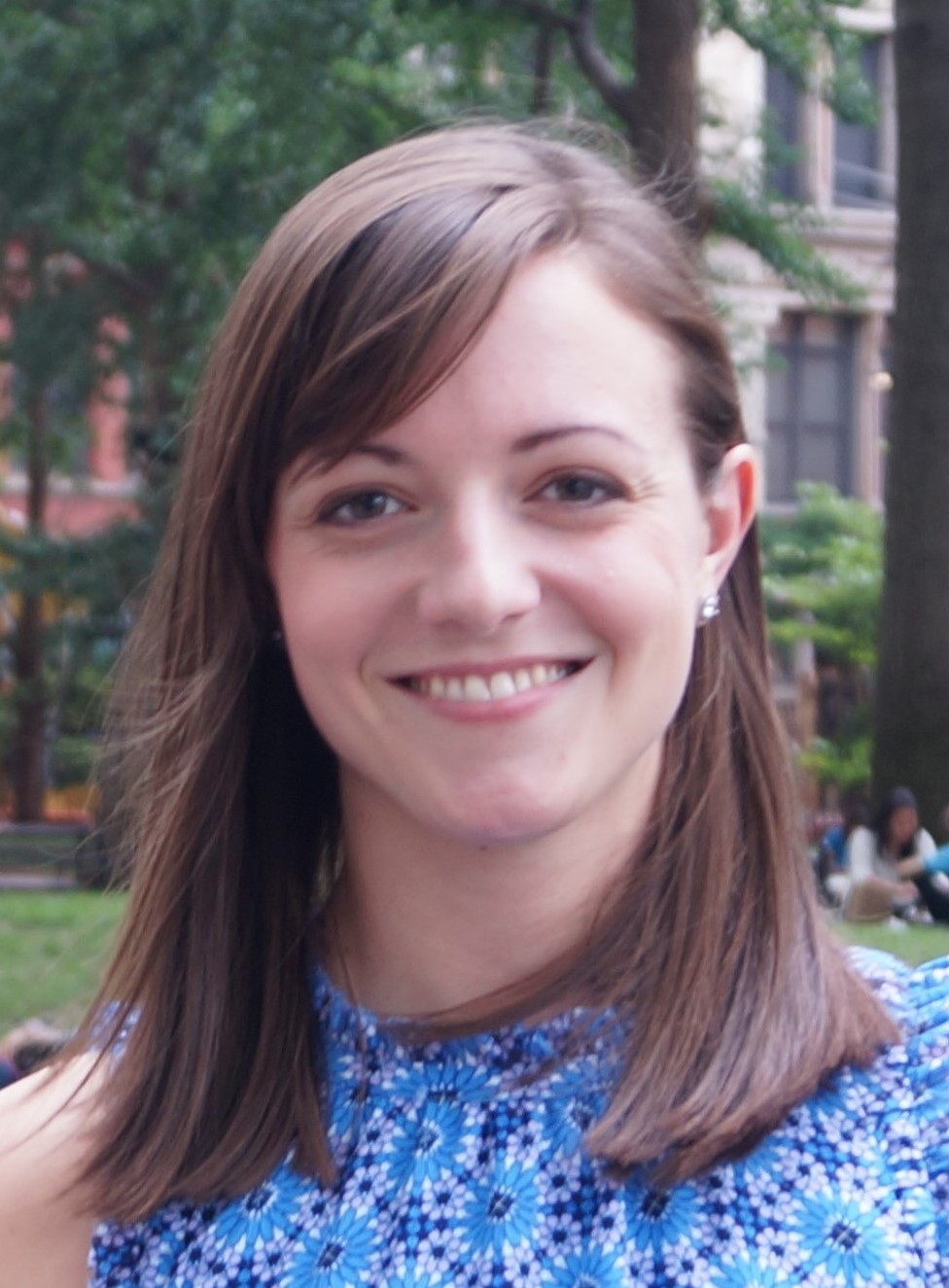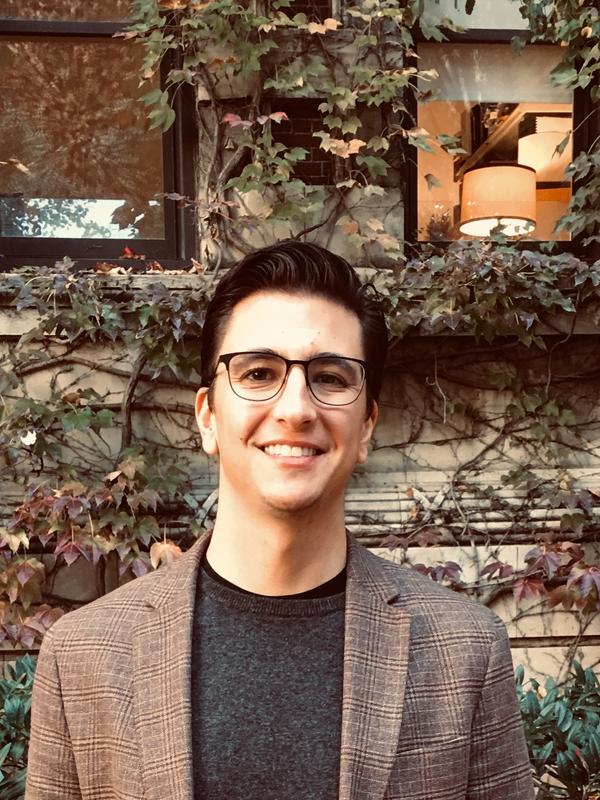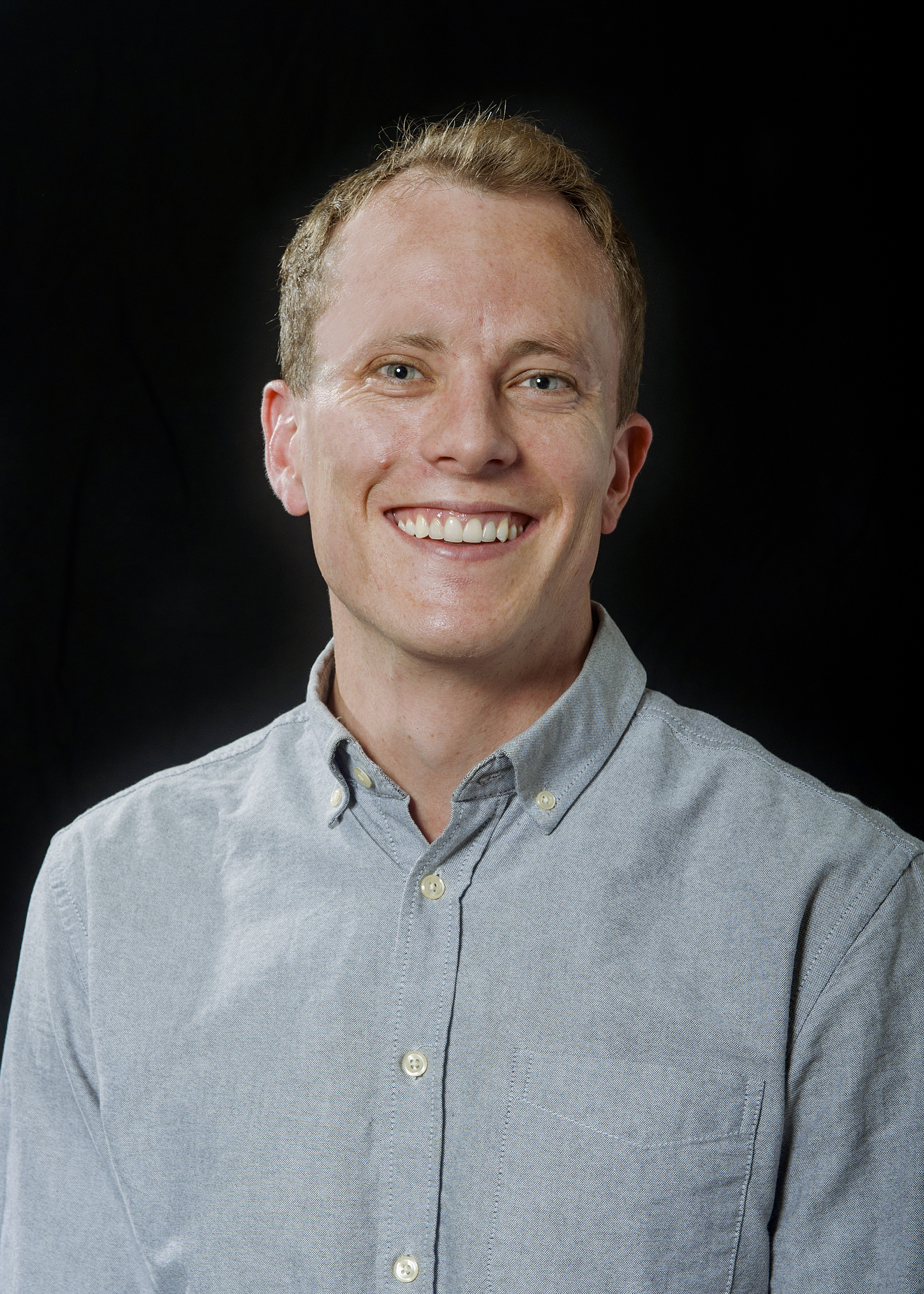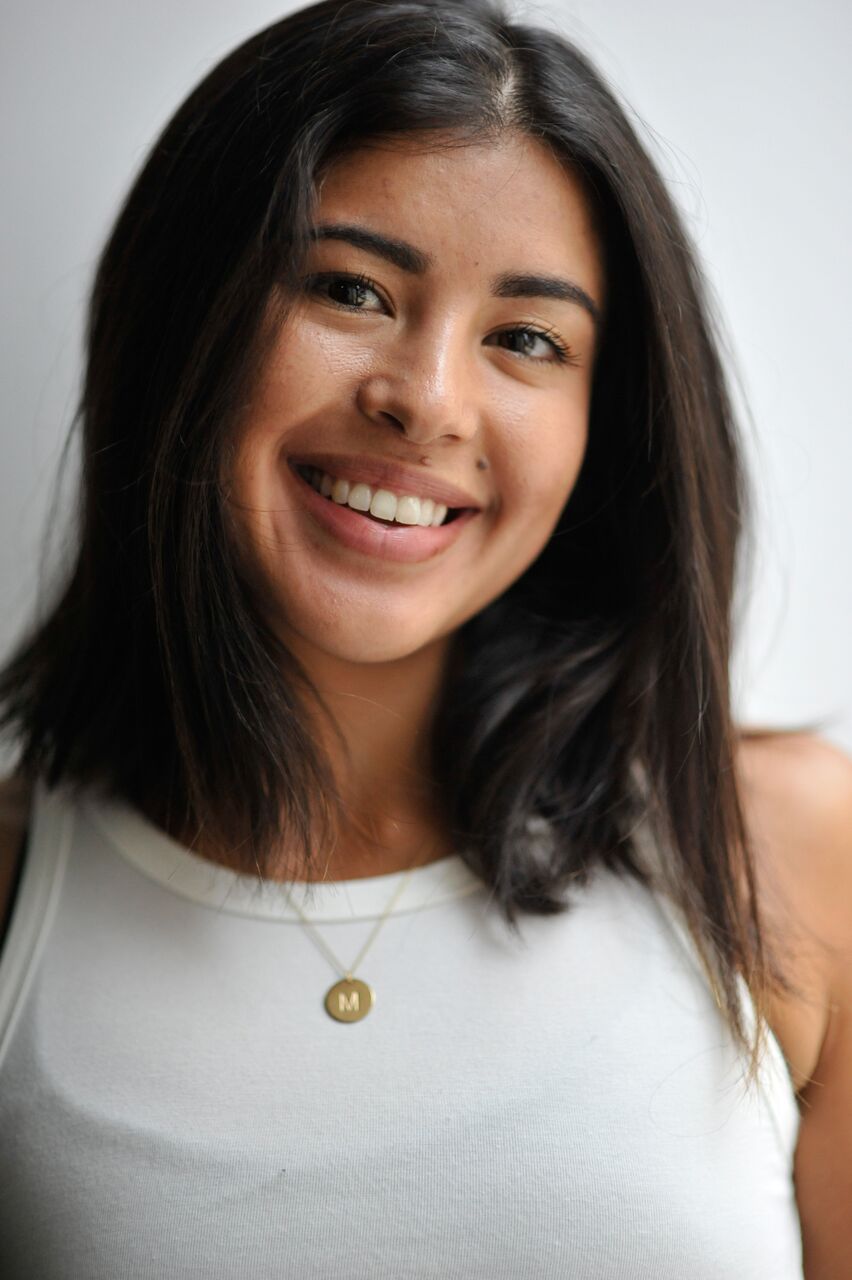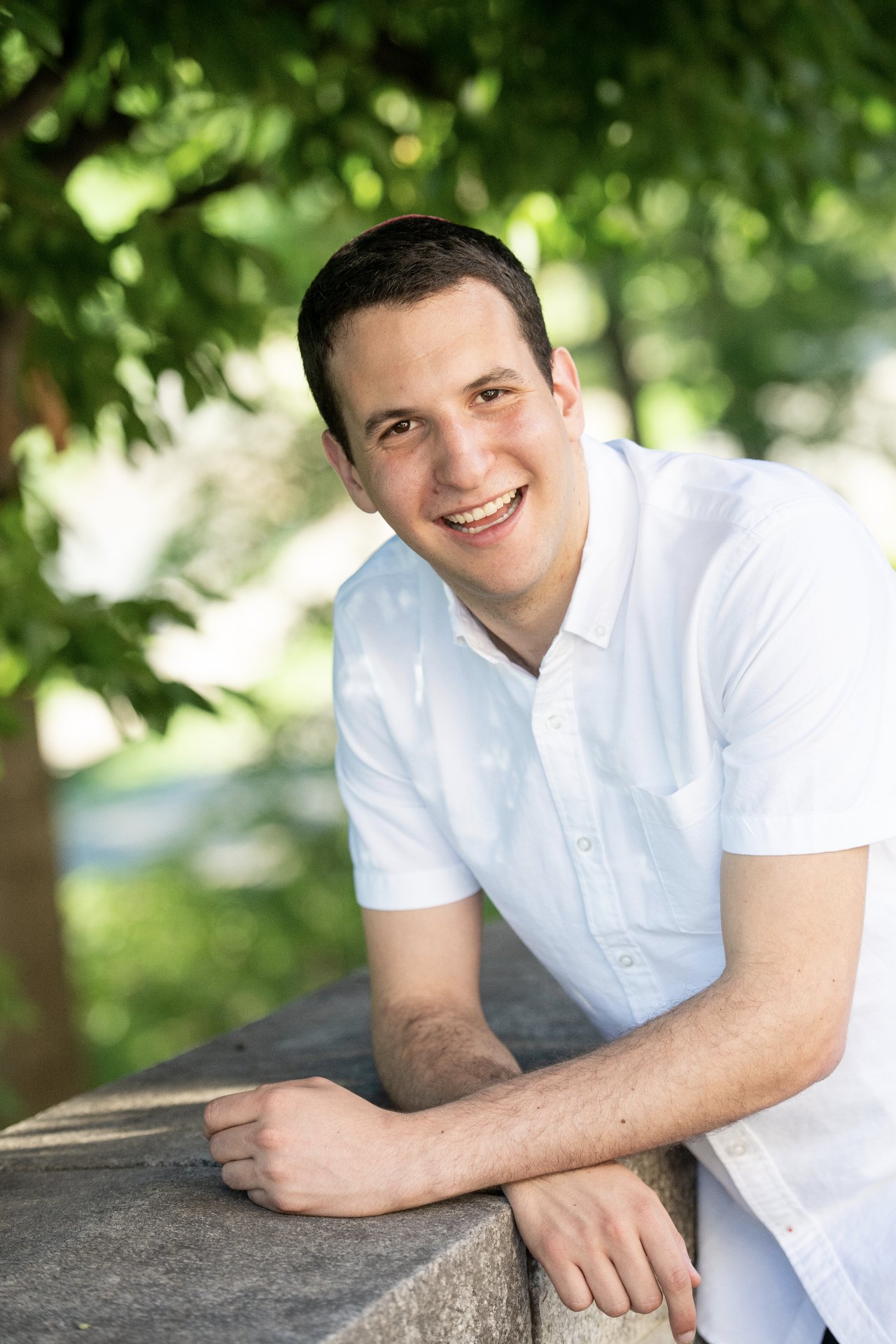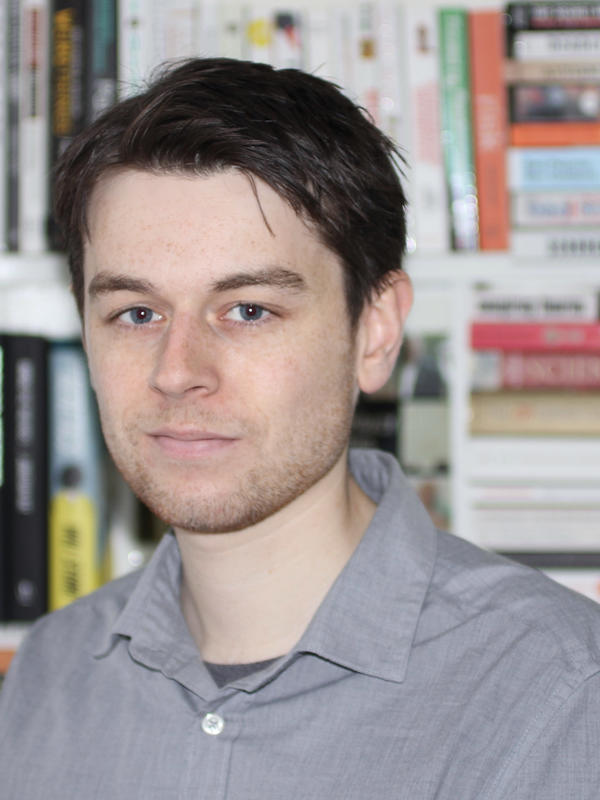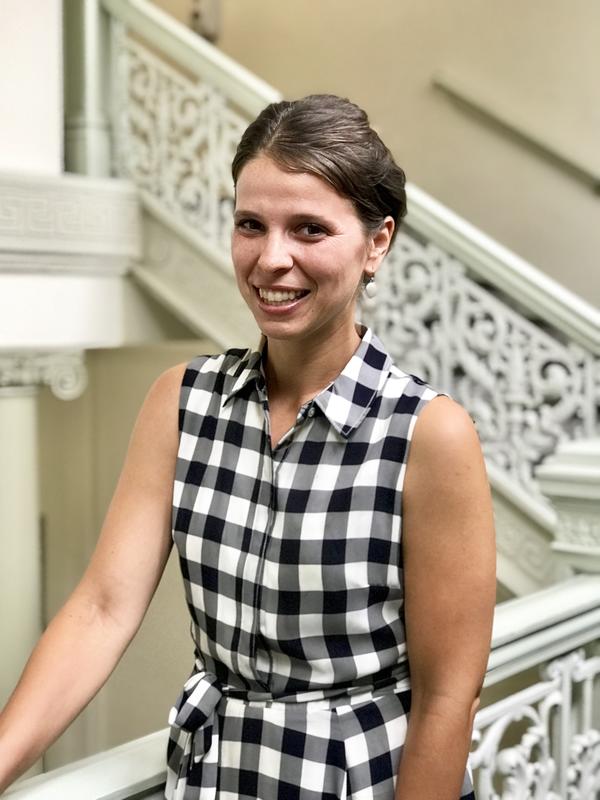Every year, Barnard welcomes new faculty members to the College. This year, for the 2020-2021 academic term, scholars will join the community across a dozen different departments. Meet some of the new faculty members below.
Assistant Professors
Angelo Caglioti, Assistant Professor of History
Angelo Caglioti’s interests intersect at environmental history, the history of science, and late modern European history, with a focus on 19th- and 20th-century Italy. He studies the history of European imperialism and Italian fascism; climate history, the history of the climate crisis, and the management of water resources; the history of climate science and meteorology; eugenics and racial science; and the relationship between science and colonialism.
Before joining Barnard, Caglioti studied at the University of California, Berkeley and the University of Padova in Italy. He has received a number of awards and recognitions, including a Max Weber Fellowship, a Carson Fellowship, and a Rome Prize Fellowship. He is currently working on a book manuscript detailing the environmental history of Italian colonialism in Libya and the Horn of Africa.
Allison Lopatkin, Assistant Professor of Biology
Allison Lopatkin is a computational biologist joining the Department of Biology. Her research uses both computational and experimental methods to study the evolution of antibiotic resistance in clinical and environmental contexts. Lopatkin completed her postdoctoral training jointly at MIT and the Broad Institute, her Ph.D. in biomedical engineering at Duke University, and her B.S. in applied mathematics at the University of Rochester.
Mark Santolucito, Assistant Professor of Computer Science
Mark Santolucito completed his Ph.D. at Yale University, where his work focused on program synthesis and computer music. His research has been published at top conferences, including CAV, OOPSLA, CHI, ICMC, and SIGCSE. Santolucito’s work has also been recognized by industry leaders, including Amazon Web Services, where he worked on configuration file analysis. Santolucito is passionate about expanding access to computer science education, having helped found the computer science department at Geumgang University in South Korea, led educational hackathons in Bermuda, and participated in local outreach activities in Harlem, such as at the NYC Computer Science Opportunity Fair.
Nick Smith, Assistant Professor of Urban Studies and Architecture
Nick Smith is an interdisciplinary scholar of urban transformation and planning, with a focus on rapid urbanization in Asia. His forthcoming book, The End of the Village: Planning the Urbanization of Rural China, explores the state’s recalibration of China’s urban-rural relations and rural villagers’ efforts to navigate this shifting landscape. His current research investigates the origins of China’s rapid urbanization in the early 1980s.
Prior to joining Barnard, Smith was a founding member of the Urban Studies faculty at Yale-NUS College in Singapore. He received his A.B. (East Asian studies), A.M. (architecture), and Ph.D. (urban planning) from Harvard University.
Marisa Solomon, Assistant Professor of Women’s, Gender, and Sexuality Studies
Marisa Solomon’s work looks at the durability of racism and its many material forms: toxicity’s movement through soil and bodies, the placement of landfills, waste infrastructure, and the technocratic planning and management of Black life and death. Attentive to the ways coloniality and anti-Blackness are sedimented into the landscape, her work focuses on how Black improvisation with waste’s form and meaning upends environmental thinking — including the raced, classed, and gendered stewards to whom the earth supposedly belongs. Solomon has published on the materiality of waste and anti-Black histories of urban planning and gentrification in the journal International Labor and Working-Class History. She is the co-director of the Black Atlantic Ecologies project at the Columbia University Center for the Study of Social Difference, where she is affiliated with the Earth Institute.
Katherine Thorson, Assistant Professor of Psychology
Katherine Thorson is a social psychologist. She studies social interaction with a focus on how people from different social groups influence one another’s psychological experiences and physiological responses. Her research has been funded by the Society for the Psychological Study of Social Issues and was selected as a finalist for the Society for Experimental Social Psychology Dissertation Award. She has a B.A. in psychology from Bates College and an M.A. and a Ph.D. in psychology from New York University.
Timothy Vasko, Assistant Professor of Religion, Human Rights
Timothy Vasko’s research and teaching are concerned with the politics of religion and the religion of modern politics. His current manuscript explores how modern political philosophies and institutions became a form of religion in their own right after the collision between the Americas, Africa, and Europe in 1492.
Vasko has published review and research essays in Settler Colonial Studies, History of the Human Sciences, and Contemporary Political Theory, and the edited volume Politics of African Anticolonial Archives (Rowman and Littlefield, 2017). He has received visiting research fellowships from the Newberry Library in Chicago, as well as the Sequoyah National Research Center at the University of Arkansas, Little Rock. Vasko has taught classes at SUNY Cortland, Cornell University, and Auburn Maximum Security Prison through the Cornell Prison Education Program (CPEP). Before teaching religion at Barnard, Vasko was the 2019-2020 Mellon Postdoctoral Fellow in the Native American Scholars Initiative (NASI) at the American Philosophical Society in Philadelphia.
Alex White, Assistant Professor of Neuroscience and Behavior
Alex White is a cognitive neuroscientist interested in visual perception, attention, and reading. He studies how the brain extracts useful information from the retinas and routes that information through specialized neural circuits, such as brain areas specialized for written words. His research combines behavioral experiments, eye tracking, and functional magnetic resonance imaging.
White earned a bachelor’s degree from Yale, his master’s at the University of Sydney, and a doctorate in psychology from New York University in 2013. After completing a postdoctoral fellowship at Stanford University, he will officially join Barnard’s faculty in January 2021.
Term Associate Professors
Elham Saeidinezhad, Term Associate Professor of Economics
Elham Saeidinezhad’s recent research lies at the intersection of macroeconomics, finance, and law. Her research design is to apply the Money View, which synthesizes the modern features of our monetary and financial system to examine the evolution of the financial market. Saeidinezhad teaches courses on monetary economics, money and banking, central banking, and macroeconomics. She also writes a weekly “Money View” blog.
Associates
Melanie Rodriguez, Associate, Physical Education
Melanie Rodriguez has an extensive background in the movement and exercise field. She began working as a part-time staff member in the Department of Physical Education while earning her master’s degree in Exercise Physiology from Teachers College in 2017. She transitioned to full-time in July 2020 and is eager to continue to work with students, helping them to connect to their bodies and minds through movement and exercise.
Fellows
Adam Poliak, Roman Teaching Fellow, Computer Science
Adam Poliak’s research interests include natural language processing and computational social science. Poliak studies the reasoning capabilities and biases in natural language processing models. He also applies computational techniques to glean insights from large amounts of text in domains, like public health and social sciences. At Barnard, Poliak is teaching an introductory course on data science and an advanced course on computational text analysis.
Poliak received his Ph.D., M.S.E., and B.A. in computer science from Johns Hopkins University, where he was affiliated with the Center for Language and Speech Processing. His work has been recognized with Best Paper Awards in 2018 and 2019 at the Joint Conference on Lexical and Computational Semantics.
Post-Docs
Penelope Meyers Usher ’11, Post-Doc, First-Year Writing
Penelope Meyers Usher is a postdoctoral fellow in First-Year Writing and First-Year Writing Workshop whose research focuses on early modern English literature, with particular emphasis on drama and representations of the body. Her current project analyzes how Shakespeare and his contemporaries explored the unknowable nature of the body in opposition to contemporary medical and anatomical discourses. Her publications and research also focus on early modern engagements with classical literature, particularly Greek tragedy, and on violence, medicine, sexuality, and ecology. Usher received her Ph.D. in English from New York University and is a Barnard alumna with a B.A. in comparative literature.
Barnard would also like to welcome the following faculty members:
Robert Brotherton, Lecturer, Psychology
Danielle Sussan, Lecturer, Psychology
—REPORTED BY ISABELLA PECHATY ’23
